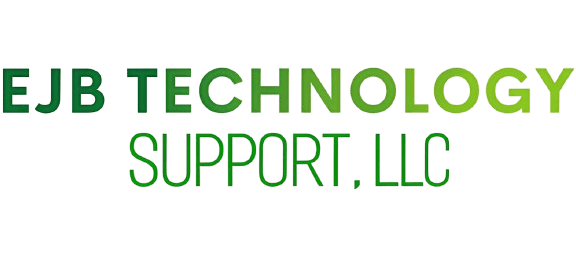Protecting Your Digital Fortress: The Importance of Password Security
Introduction:
In today’s digitally interconnected world, our online presence is more significant than ever before. Passwords serve as the keys to our digital kingdoms, guarding personal and sensitive information from prying eyes. However, the need for secure passwords cannot be overstated. In this blog post, we’ll explore why robust password security is crucial, the risks of weak passwords, and how you can fortify your defenses with password managers and two-factor authentication (2FA) or multi-factor authentication (MFA).
The Need for Secure Passwords:
Secure passwords are the first line of defense against cyber threats. They protect your email accounts, financial information, personal data, and more. Here’s why password security is essential:
- Preventing Unauthorized Access:
A strong password acts as a barrier, preventing unauthorized individuals from gaining access to your accounts and sensitive information.
- Protecting Personal Information:
Your online accounts often contain personal and financial data. A robust password ensures that this information remains confidential.
- Preventing Identity Theft:
Weak passwords make it easier for cybercriminals to impersonate you online, leading to identity theft and potential financial loss.
The Risks of Weak Passwords:
Weak passwords are an open invitation to cyberattacks. Here are some risks associated with using inadequate passwords:
- Brute Force Attacks:
Cybercriminals use automated tools to guess passwords systematically. Weak passwords can be cracked quickly, giving attackers unauthorized access.
- Credential Stuffing:
If you reuse passwords across multiple accounts, a breach on one platform can lead to compromises on others, as cybercriminals try the same credentials elsewhere.
- Phishing Attacks:
Cybercriminals often use fake login pages to trick users into revealing their passwords. With a strong, unique password, you’re less likely to fall for these scams.
- Account Takeover:
Weak passwords can result in attackers taking control of your accounts, potentially causing damage or using your identity for malicious purposes.
Password Managers: Your Digital Gatekeepers:
Password managers are invaluable tools for improving password security. They generate strong, unique passwords for each of your accounts and store them securely. Some popular password managers include:
- Bitwarden:
Bitwarden is an open-source password manager that offers both free and premium plans. It stores your passwords in an encrypted vault and provides browser extensions and mobile apps for easy access.
- LastPass:
LastPass is a user-friendly password manager with a free and premium version. It offers features like password generation, secure storage, and a digital wallet for payment information.
- 1Password:
1Password is known for its strong security and user-friendly interface. It offers features like password auditing, secure notes, and the ability to store important documents.
Two-Factor Authentication (2FA) and Multi-Factor Authentication (MFA):
2FA and MFA are additional layers of protection that go beyond passwords. Here’s what they mean:
- Two-Factor Authentication (2FA):
2FA requires two methods to verify your identity. Typically, it combines something you know (your password) with something you have (a smartphone or a physical token). For example, after entering your password, you might receive a text message with a verification code that you need to enter.
- Multi-Factor Authentication (MFA):
MFA is similar to 2FA but can involve more than two verification methods. It enhances security by adding layers of complexity, such as fingerprint scans, facial recognition, or hardware tokens.
Conclusion:
Password security is a fundamental aspect of online safety. Weak passwords can lead to significant risks, including unauthorized access and identity theft. To bolster your defenses, consider using a password manager like Bitwarden, LastPass, or 1Password. Additionally, enable two-factor authentication (2FA) or multi-factor authentication (MFA) whenever possible to add an extra layer of protection. By taking these steps, you can fortify your digital fortress and enjoy a safer online experience.
